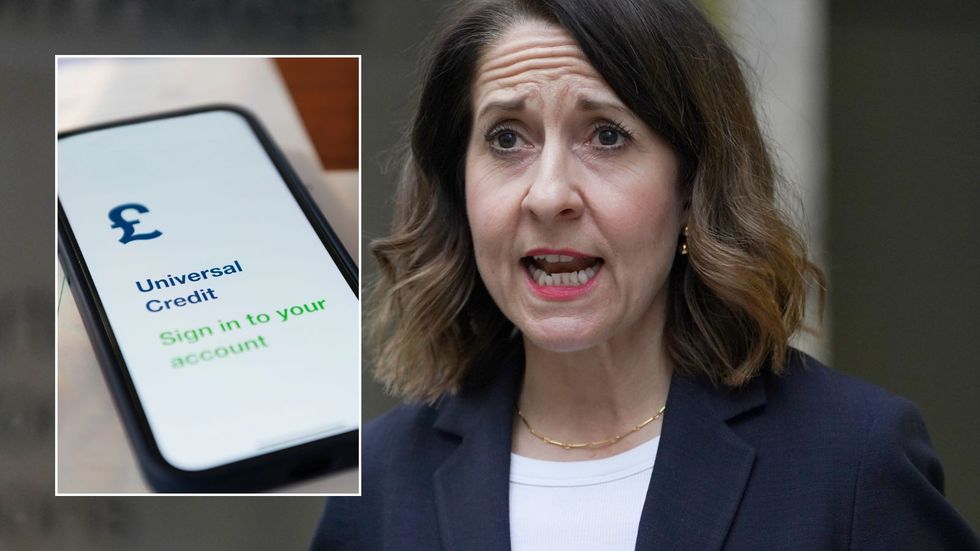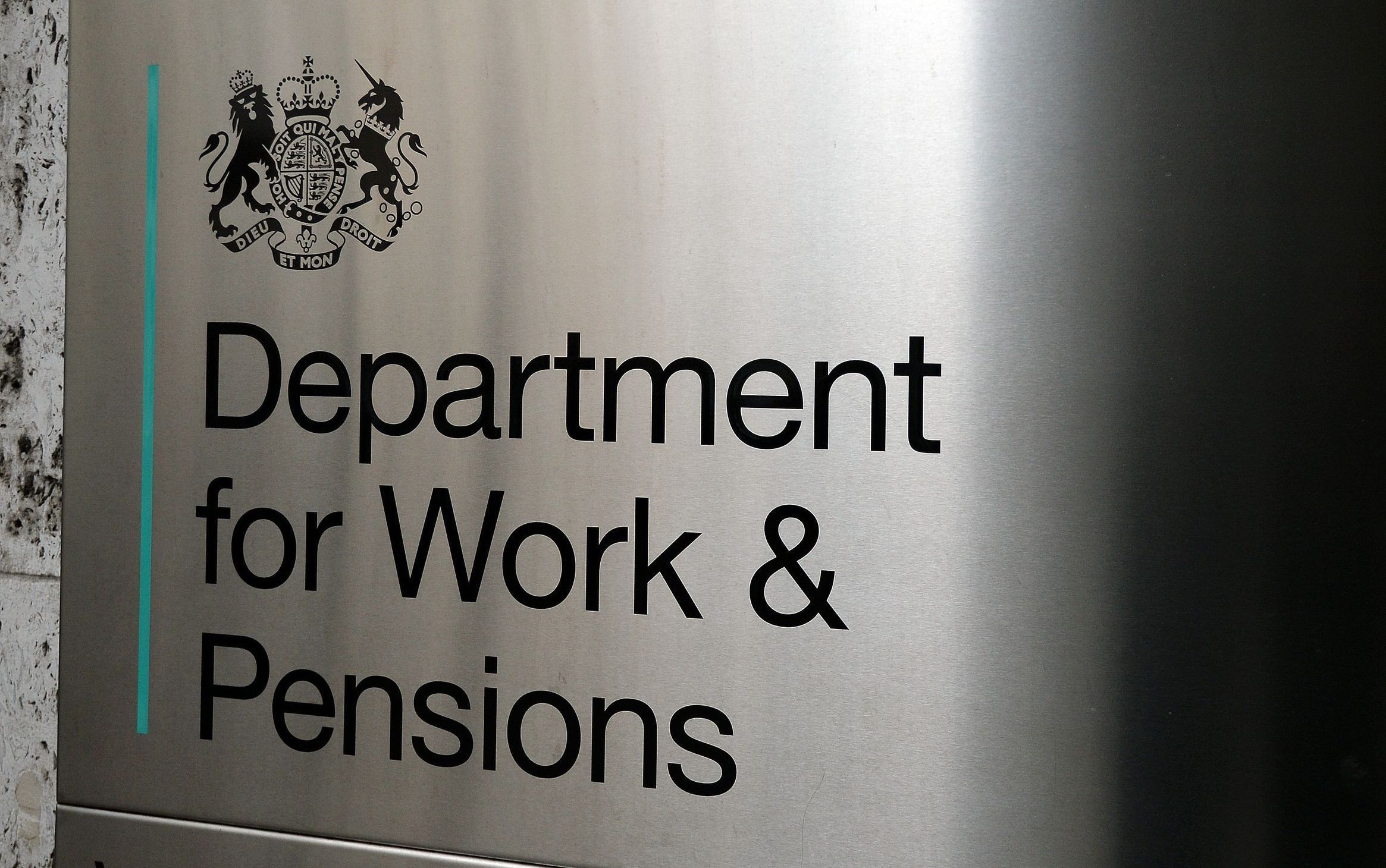DWP alert: Millions of households to get £725 extra under Labour's 'biggest benefits boost since 1980'

For the first time, the Universal Credit standard allowance will permanently rise above inflation rate
Don't Miss
Most Read
Nearly four million households across Britain are set to receive an estimated £725 annual income boost through major welfare reforms currently advancing through Parliament.
The Universal Credit Bill represents the "biggest permanent increase to out-of-work support since 1980", according to the Institute for Fiscal Studies.
The Universal Credit standard allowance will permanently rise above inflation, amounting to £725 by 2029/30 in cash terms for a single person aged 25 or over.
This is the highest permanent real terms increase to the main rate of out-of-work support since 1980, according to the IFS.
The Government says the changes aim to fix problems in the current welfare system that discourage people from working.
The reforms will rebalance how Universal Credit works by adjusting the main payment and the extra support for people with health issues.

Liz Kendall's overhaul to Universal Credit has been given the green light
| GETTY / PAFrom April 2026, while the standard allowance will increase, the health top-up for new claimants will be reduced to £50 per week.
However, people already receiving the health element and those with serious long-term conditions will continue to receive the higher amount.
For the first time, new legal protections will also allow disabled people and those with health conditions to try work without worrying about losing their benefits if things don't work out.
This new "Right to Try Guarantee" is designed to remove barriers that have stopped people from attempting to return to work.
Work and Pensions Secretary Liz Kendall said: "Our reforms are built on the principle of fairness, fixing a system that for too long has left people trapped in a cycle of dependence."
She added: "We are giving extra support to millions of households across the country, while offering disabled people the chance to work without fear of the repercussions if things don't work out."
The Government also confirmed that 200,000 people with the most severe, lifelong conditions will no longer need to be reassessed for Universal Credit.
Alongside these changes, £3.8 billion will be invested in employment support over the course of this Parliament.

Alongside these changes, £3.8 billion will be invested in employment support over the course of this Parliament
| GETTYThis will fund tailored job, health, and skills programmes to help disabled people and those with health conditions get back into work when they are ready.
The reforms also include a review of how Personal Independence Payments (PIP) are assessed. The review, led by Disability Minister Stephen Timms, will involve disabled people, charities, experts, and MPs to make sure the system is fair and works for those who need it.
These welfare changes are part of the government's wider Get Britain Working plan, which aims to overhaul Jobcentres, give more power to local leaders to tackle unemployment, and guarantee that every young person is either in education or work.

Kendall said: "These reforms will change the lives of people across the country, so they have a real chance for a better future.
| PAKendall said: "These reforms will change the lives of people across the country, so they have a real chance for a better future."
The Government also pledged that all existing Universal Credit recipients with serious health conditions and new claimants with less than a year to live will see their payments rise at least in line with inflation each year until 2029.
The upcoming review of the PIP system will be shaped over the summer with input from people with lived experience to ensure it is fair and future-proof.











